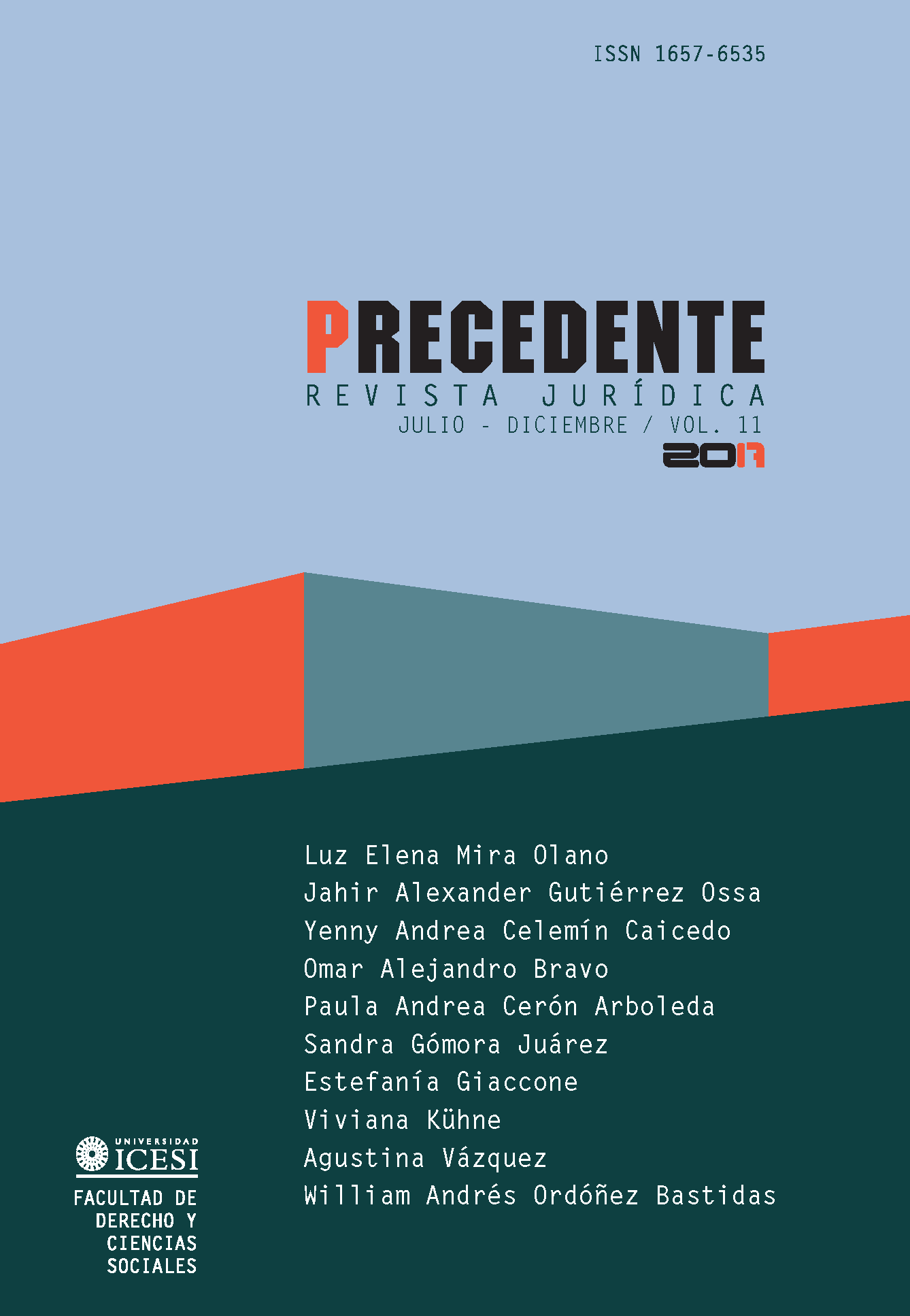La cárcel como institución social límite
DOI:
https://doi.org/10.18046/prec.v11.2619Palabras clave:
Cárcel, Resocialización, Sistema penitenciario, Instituciones socialesResumen
Los efectos subjetivos de las instituciones carcelarias han sido claramente descriptos por Goffman como aspectos comunes de lo que este autor denominó instituciones totales, principalmente a partir de las prácticas y discursos que las caracterizan. También Foucault resulta, en este sentido, una referencia obligada para este análisis. No obstante, desde las ciencias sociales y humanas en general, y desde la psicología en particular, no se produjeron aportes significativos al respecto de los efectos de la rutina carcelaria en la salud mental de los internos. De esta forma, la amplia producción generada por la crítica a los manicomios no se trasladó a este otro espacio institucional, parcialmente parecido al anterior. La categoría de institución límite que se introduce en este ensayo pretende aportar a este debate, entendiendo que esta situación de borde tiene que ver con su condición de contención de poblaciones cuyas formas relacionales representan en parte espacios de socialización y vínculo distantes de los modelos sociales a partir de los cuales se diseñan las políticas de resocialización. De esta manera, el fracaso de las políticas carcelarias indica también la necesidad de pensar formas de punición que dimensionen estas barreras simbólicas, culturales y sociales.
Descargas
Descargas
Publicado
Número
Sección
Licencia
El material de esta publicación puede ser reproducido sin autorización, siempre y cuando se cite el título, autor, fuente institucional, y se respete la integridad del contenido publicado y la del autor.
Precedente Revista Jurídica no se hace responsable de las ideas expuestas bajo su nombre, las ideas publicadas, los modelos teóricos expuestos o los nombres aludidos por el(los) autor(es) de los artículos. El contenido es responsabilidad exclusiva del(los) autor(es), y no reflejan la opinión de las directivas de la Universidad Icesi, de la Facultad de Ciencias Humanas, o de los editores de la revista.








